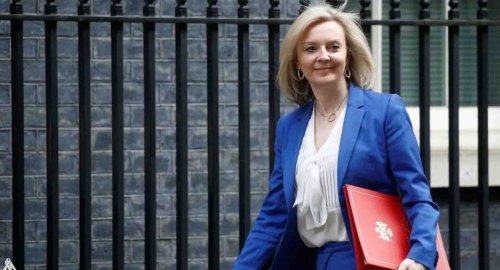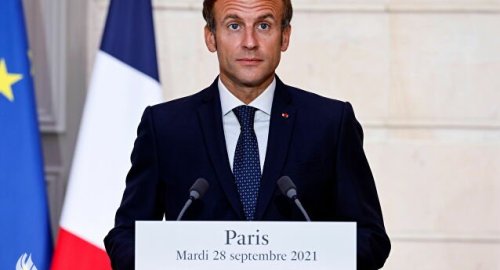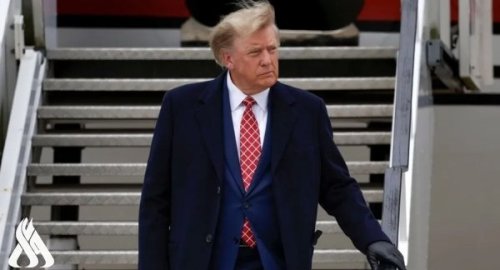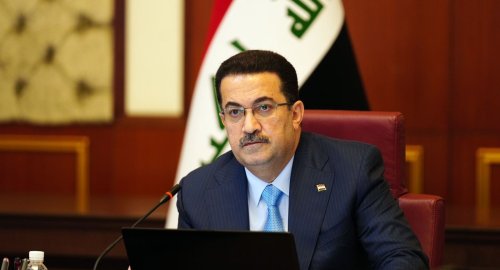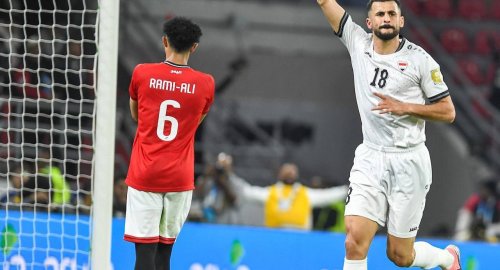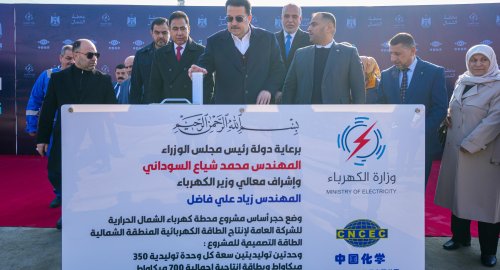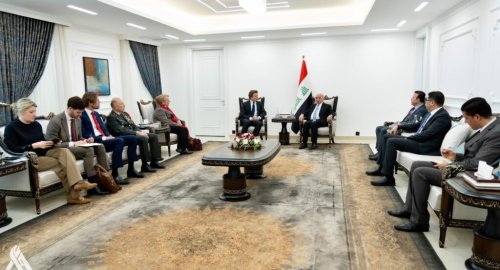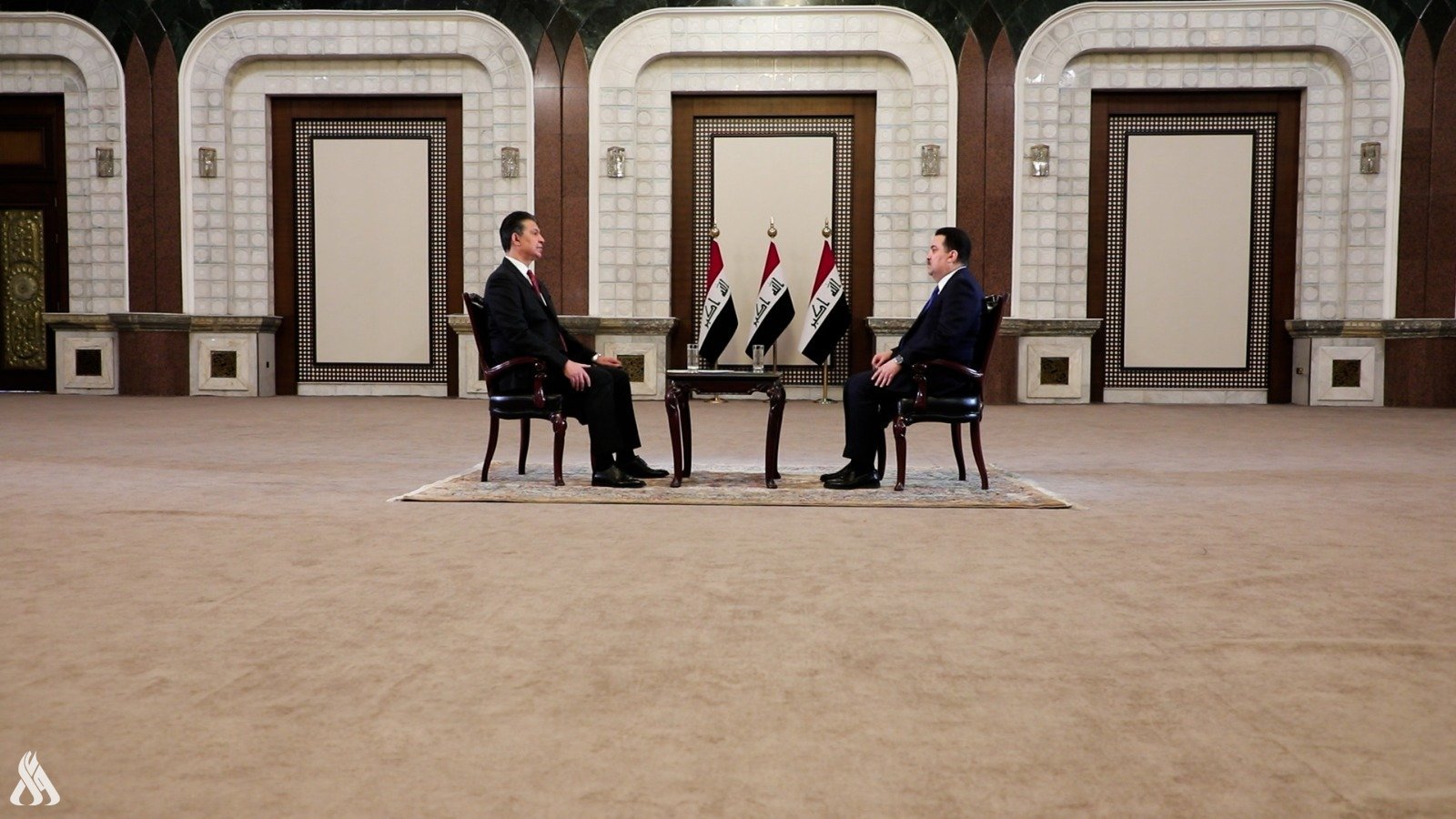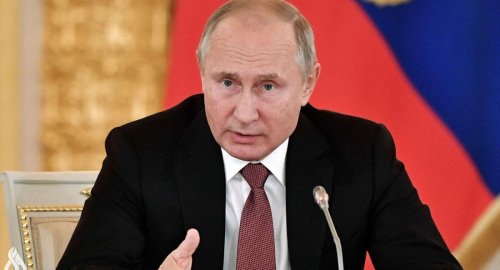
Putin slams U.S., claims it wants to drag out war in Ukraine and provoke China

- 17-08-2022, 10:02
INA- SOURCES
Russian President Vladimir Putin slammed the U.S. and wider West, claiming Tuesday that America wants to drag out the war in Ukraine.
“The situation in Ukraine shows that the U.S. is trying to prolong this conflict,” he said during a welcome address at a conference in Moscow on international security, Russian state news agency Interfax reported.
“We also see that the collective West is seeking to extend its bloc system to the Asia-Pacific region similarly to NATO in Europe. For this purpose, bellicose military-political alliances are being formed, such as AUKUS and the others,” Putin claimed, referencing the trilateral security pact between Australia, the U.K. and U.S. that was signed last year.
In addition, he said U.S. House Speaker Nancy Pelosi’s recent visit to Taiwan, which angered Russia’s ally China, had been a “thoroughly planned provocation,” saying such a “reckless” trip was “part of a purposeful, conscious strategy of the United States to destabilize and chaotize the situation in the region and the world” and “an insolent demonstration of disrespect for the sovereignty of other countries and for its international obligations.”
Putin once again defended Moscow’s unprovoked invasion of Ukraine, claiming it was being carried out “to ensure the security of Russia and our citizens.”
Russia claims its onslaught in Ukraine, which it calls a “special military operation,” is aimed at “liberating” pro-Russian, breakaway regions in the Donbas in eastern Ukraine which it has supported since 2014.
Russia’s invasion has also prompted international condemnation and swathes of wide-ranging economic sanctions on the country’s key sectors, companies and individuals connected to the Kremlin.
The Russian leader’s obsession with Ukraine is long-standing and he has repeatedly extolled the unity of Russians and Ukrainians, while at the same time deploring the country’s pro-Western government under President Volodymyr Zelenskyy.
Political analysts have told CNBC that Putin’s claims directed toward the Ukrainian government are nonsense, reflecting an irrational and ill-judged attitude toward the leadership in Kyiv and its direction. Western officials and close followers of Russia also see Putin’s comments, and his version (and often revisionist view) of history as an attempt to create false and misleading narratives.
The U.S. and its European allies in NATO have sought to assist Ukraine’s defense of its territorial sovereignty with assistance in the form of weapons, financial and humanitarian aid, saying that Russia must not be allowed to succeed in its territorial grab for Ukraine.
Russia has said the West’s help for Ukraine is the culmination of years of anti-Russian sentiment, however, and has blamed NATO for starting the war.
Europe’s security system
The lead-up to the war in Ukraine began in late 2021 with Russia amassing more than 100,000 troops at the border with its smaller neighbor, all the while insisting it had no plans to invade.Russia demanded guarantees from NATO in December 2021 that Ukraine would not be allowed to join the military alliance in the future (despite there being no tangible plans for it to do so) and demanded that NATO roll back its military presence in Eastern Europe. It also sought guarantees that the military alliance would not expand further toward Russia’s border, again, despite there being no prospect of an expansion — at that time.
NATO officials said there was room for negotiation but rejected Russia’s main demands and on Feb. 24, Russia launched a full-scale invasion, widely seen as believing it was capable of a quick victory in Ukraine and the overthrow of its pro-Western government.
Almost six months on and the war shows no signs of ending anytime soon, with Ukraine’s forces bolstered with heavy weaponry from the West — particularly U.S.-donated HIMARS or High Mobility Artillery Rocket Systems, that are making a tangible difference in the direction of the war.
The invasion has had other dramatic, unintended consequences for Moscow with NATO uniting more strongly than ever. European defense spending laggards, like Germany, have also pledged to up such purchasing in direct response to Russia’s aggression.
What’s more, traditionally nonaligned countries Sweden and Finland have now applied to join NATO, roughly doubling the land border Russia shares with NATO countries. Unsurprisingly, Moscow has condemned the expansion and threatened to retaliate without openly stating what form that could take.
Despite its invasion of Ukraine, Russia has blamed the West for changing Europe’s security architecture and on Tuesday, Putin said in his speech that “the so-called collective West is purposefully destroying the system of European security, putting together new military alliances.”
“The NATO bloc is moving east, building up its military infrastructure, including deploying missile defense systems and increasing the strike capabilities of offensive forces,” he said.
“In words, this is hypocritically declared to be a need to strengthen security in Europe, but in reality, just the opposite is happening,” he said. “The proposals put forward by Russia in December last year on measures of mutual security were simply ignored once again,” he added.
Timothy Ash, a senior emerging markets sovereign strategist at BlueBay Asset Management, rebuffed Putin’s comments in emailed comments Tuesday, saying there were multiple instances of Russia seeking to destabilize the European security system, from sponsoring unrest in former Soviet republics such as Georgia and Moldova to its intervention in the Syrian civil war and use of biological weapons against critics of the Kremlin.
“Russia intervened in Syrian civil war with precise intention of creating a refugee wave into Europe to destabilise the continent. Putin backs far left and far right parties in Europe. Russia now restricts energy supply to Europe to create energy shortages and social and political unrest. But it the West purposely undermining European security,” Ash said.
SOURCE: CNBC
Trump: I will stop the chaos in the Middle East and the war in Ukraine
- International
- 10:07
US Central Command: We killed ISIS terrorist leader Abu Yusuf in Syria
- International
- 24/12/20
Liverpool compete with Real Madrid to sign Olympique Lyonnais star
- Security
- 24/12/19
ISC, ADX discuss Strengthening Economic Ties
- Economy
- 24/12/16
Iraq assumes presidency of Arab Investment Company’s Executive Board
- Economy
- 24/12/17

